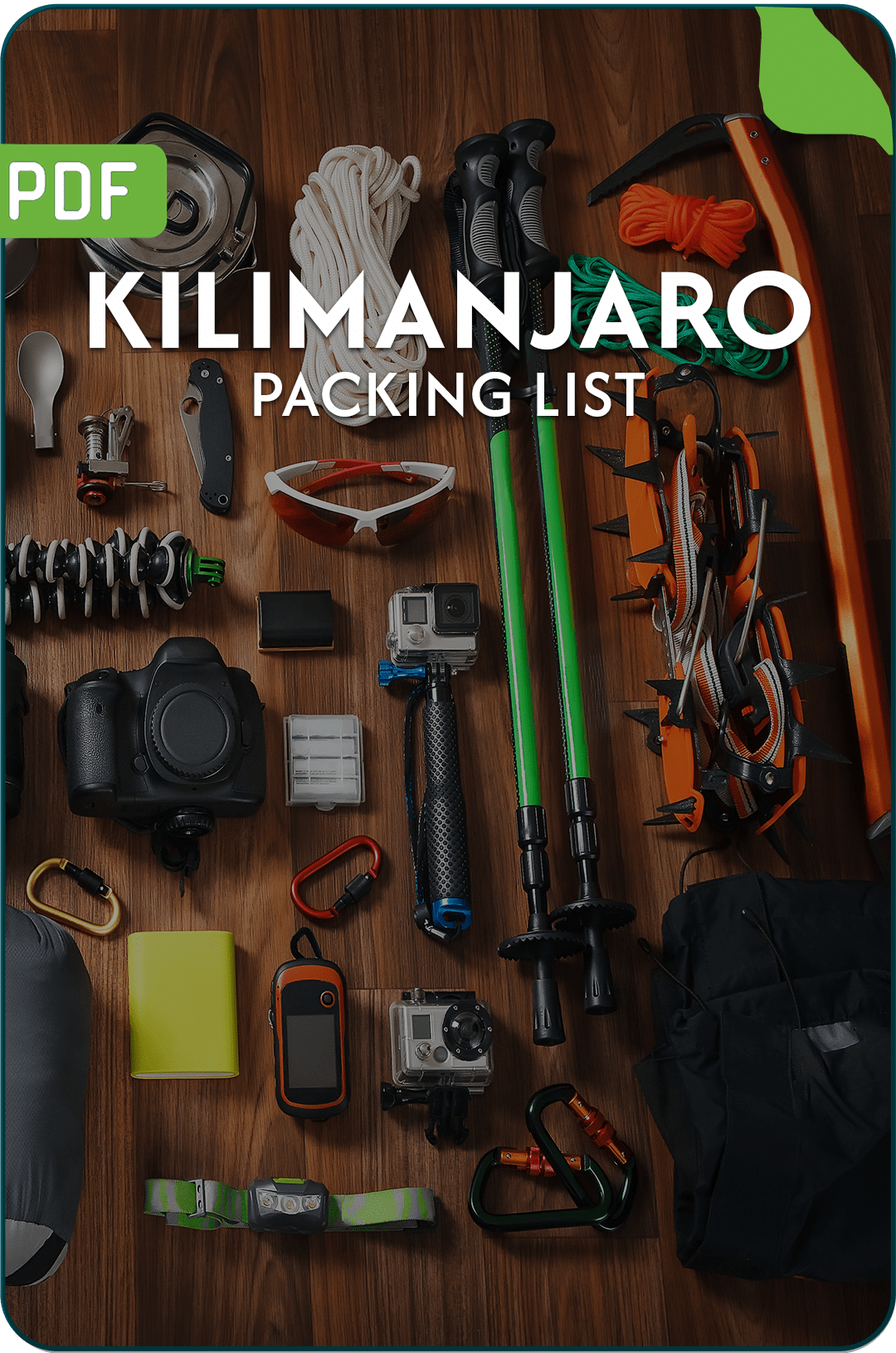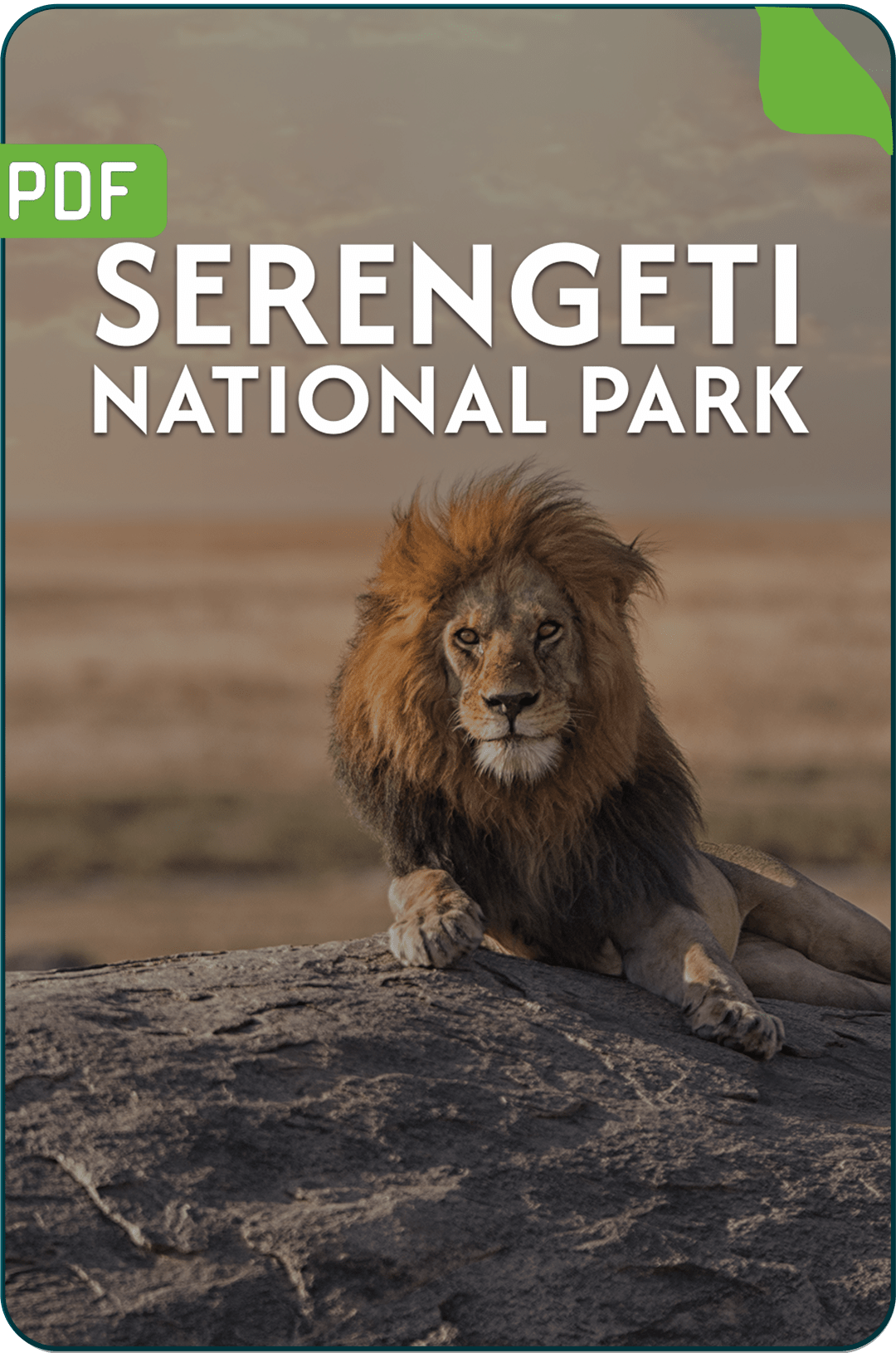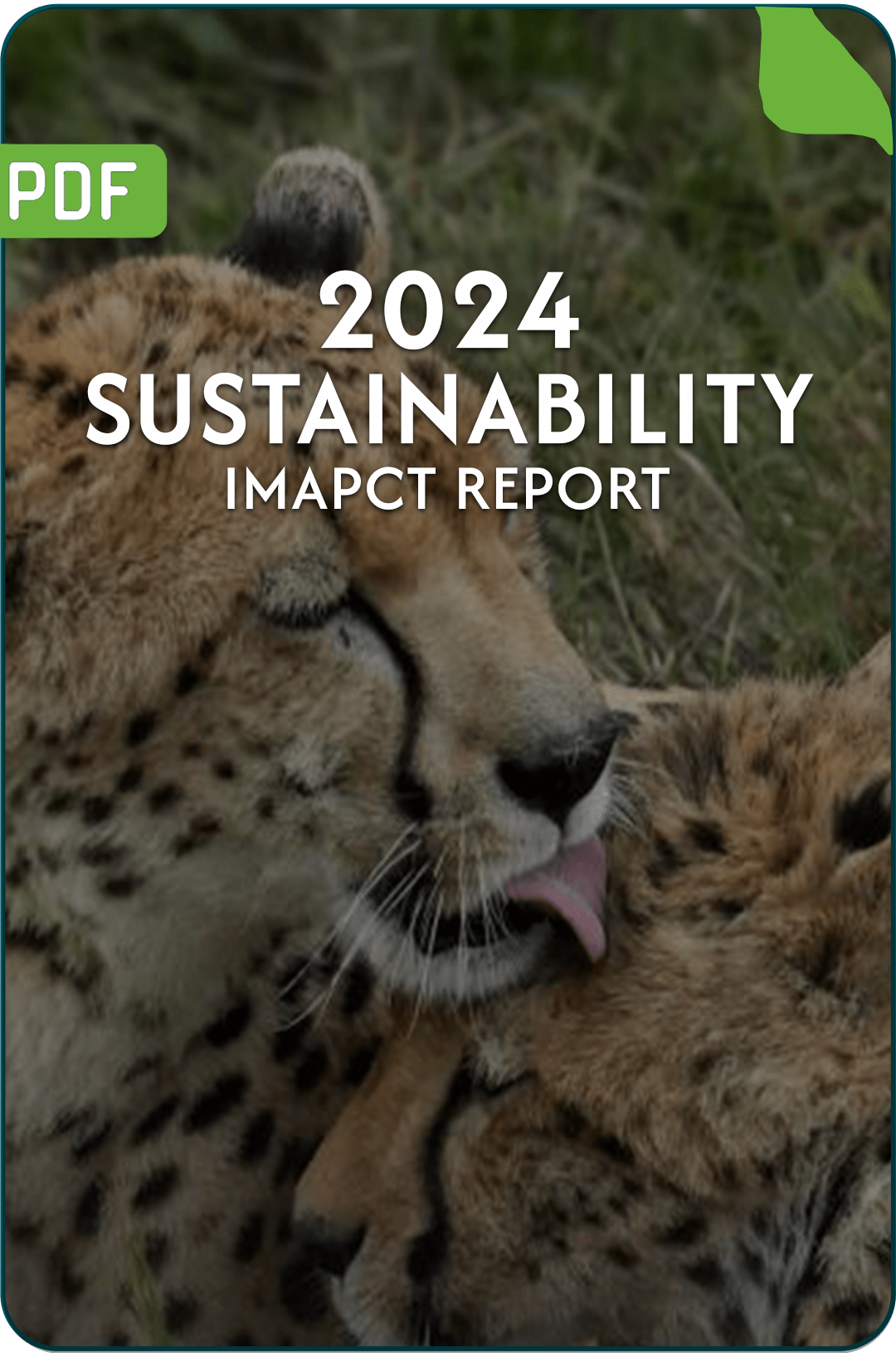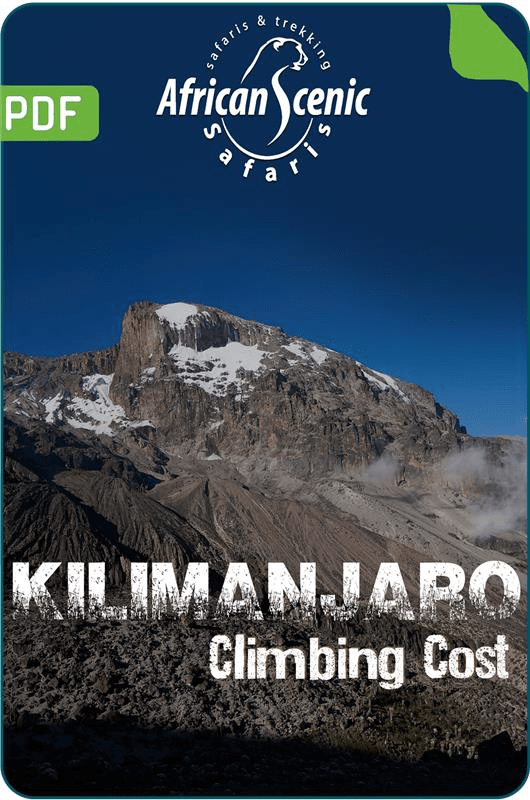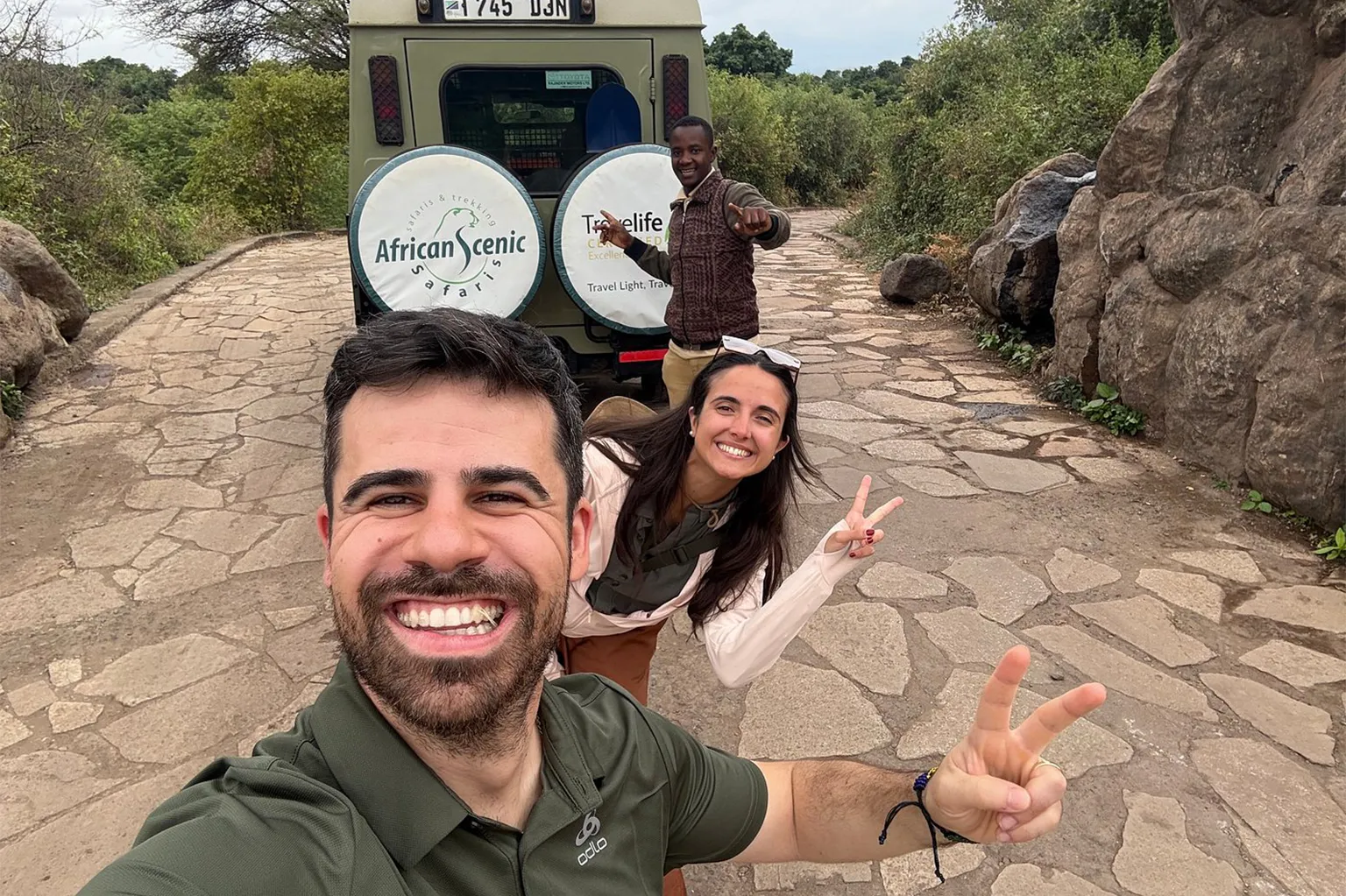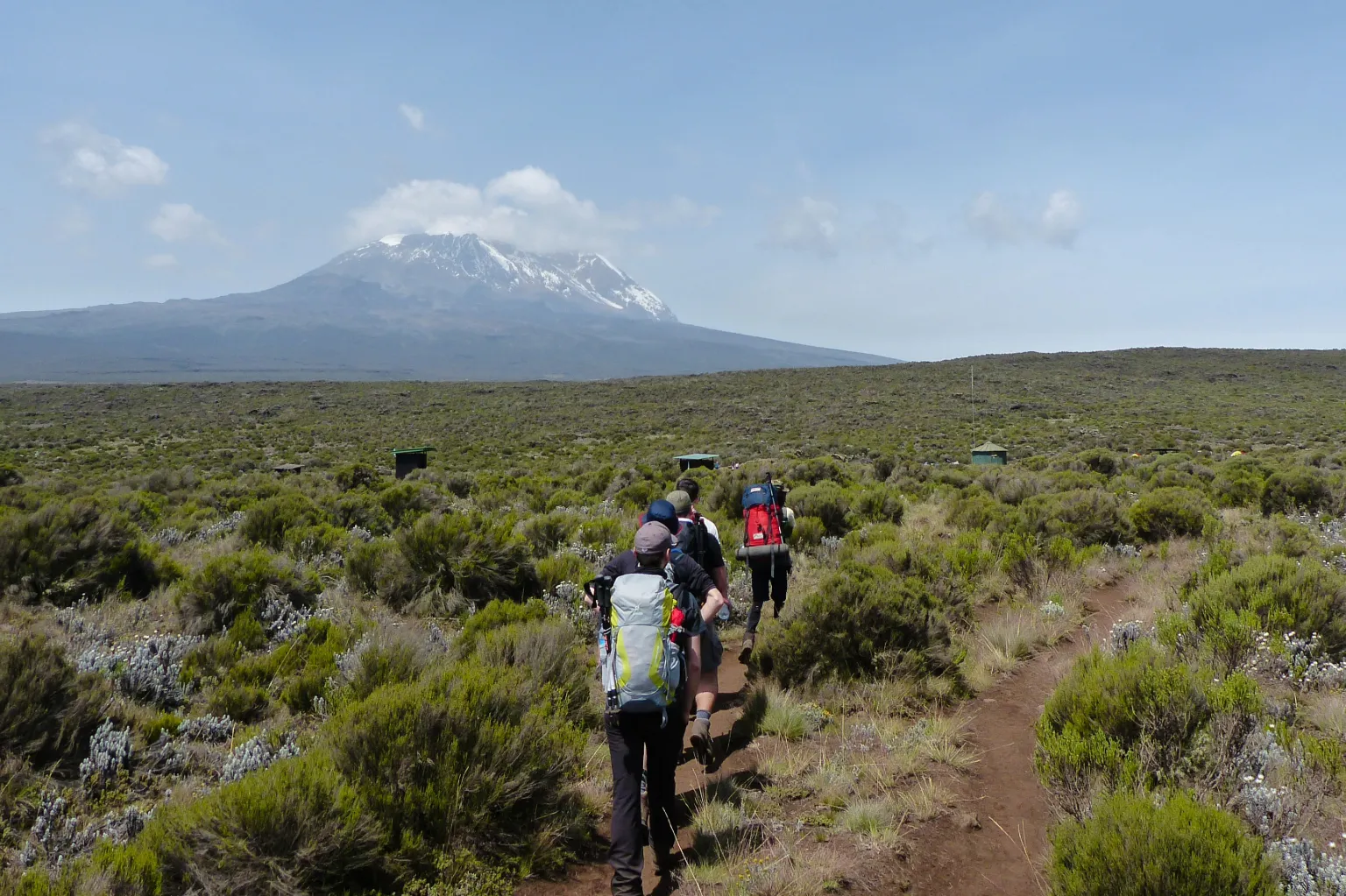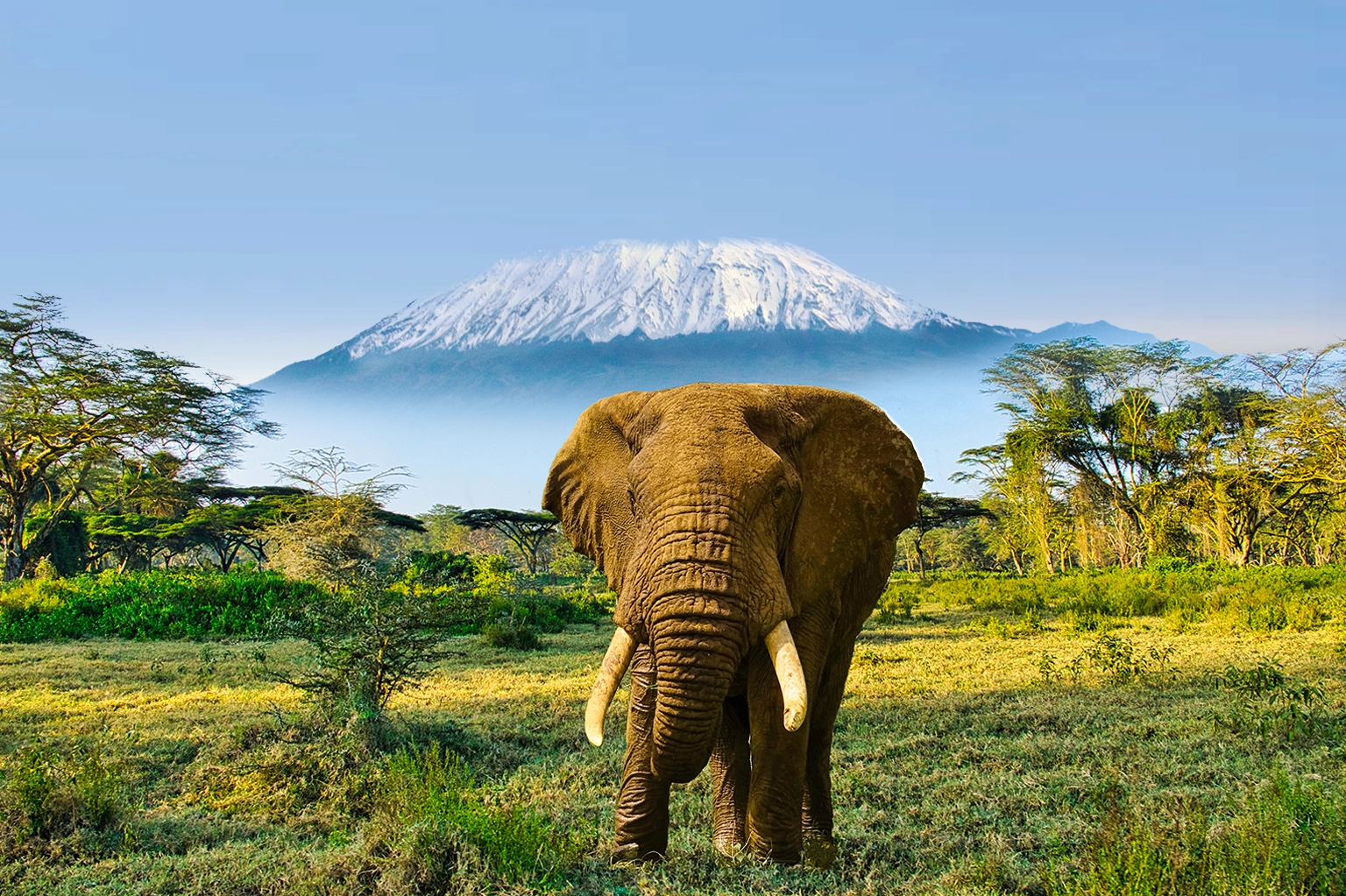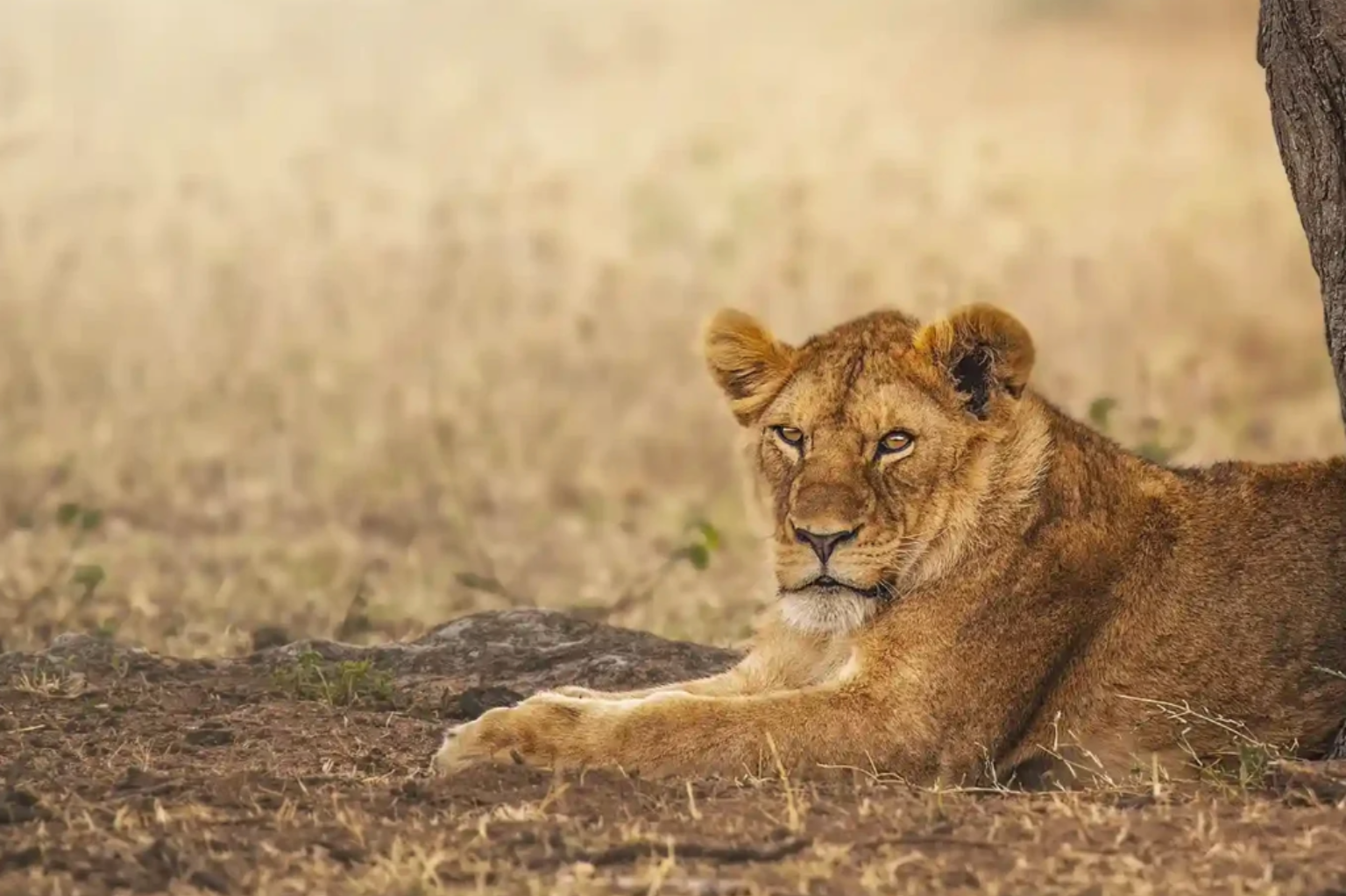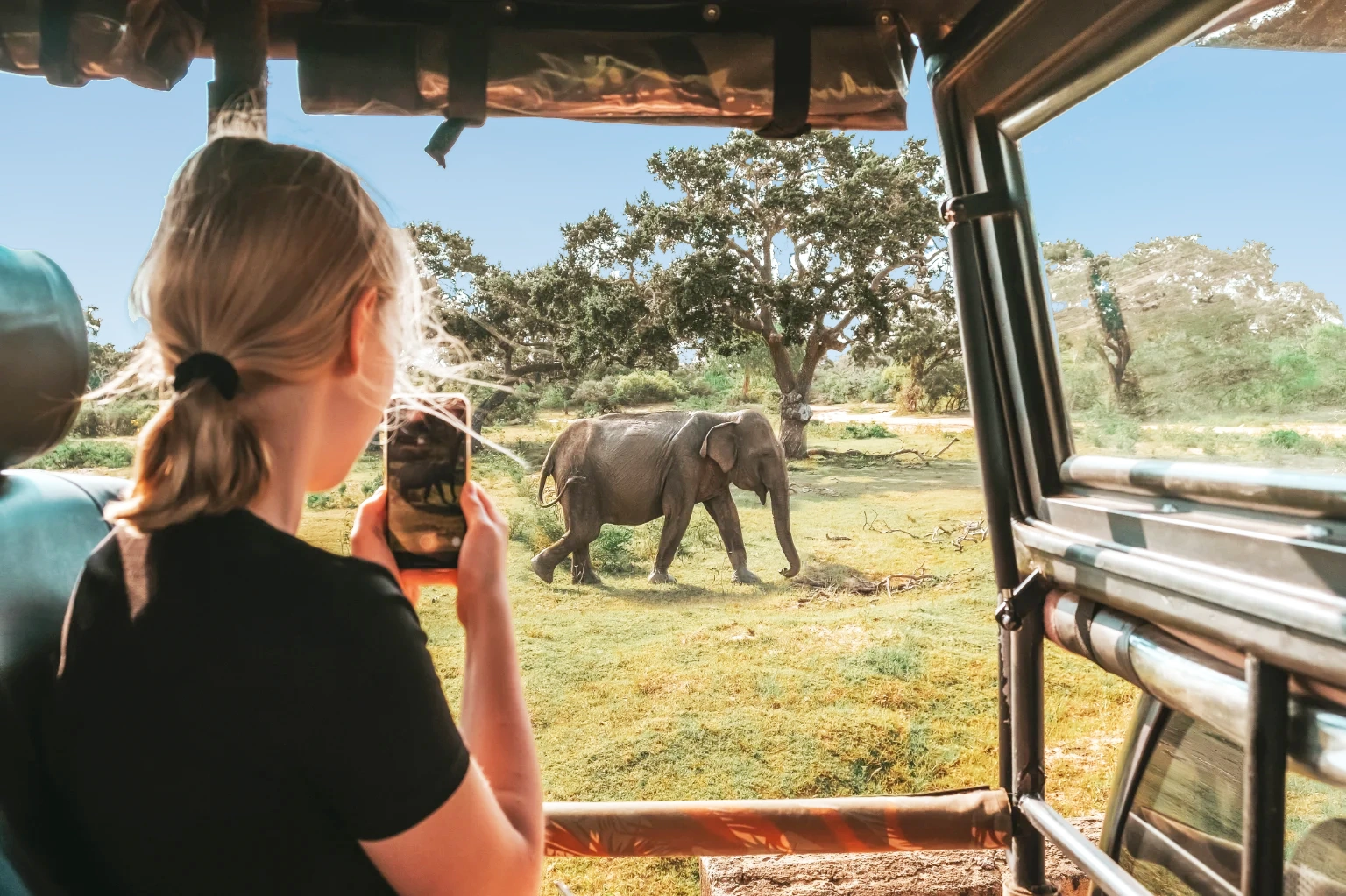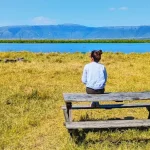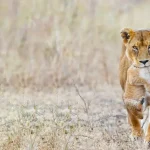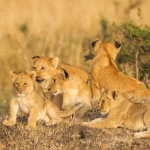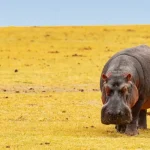Safaris To Tanzania – Travel for A Great Wildlife Experience

Tanzania Safaris offer an unmatched wildlife experience in the land of vast golden savannahs and picturesque surroundings. Wildlife sightings are aplenty from the iconic big five and ferocious predators to herbivores and antelopes.
Below, we’ll provide you with a front-row seat to all the iconic wildlife and the best destinations to see them.
While also spotlighting some of the lesser-known and rare wildlife species (in the second section) that you’ll be able to see on Safaris to Tanzania.
So, get set to learn why Tanzania is one of our planet’s most remarkable wildlife destinations.
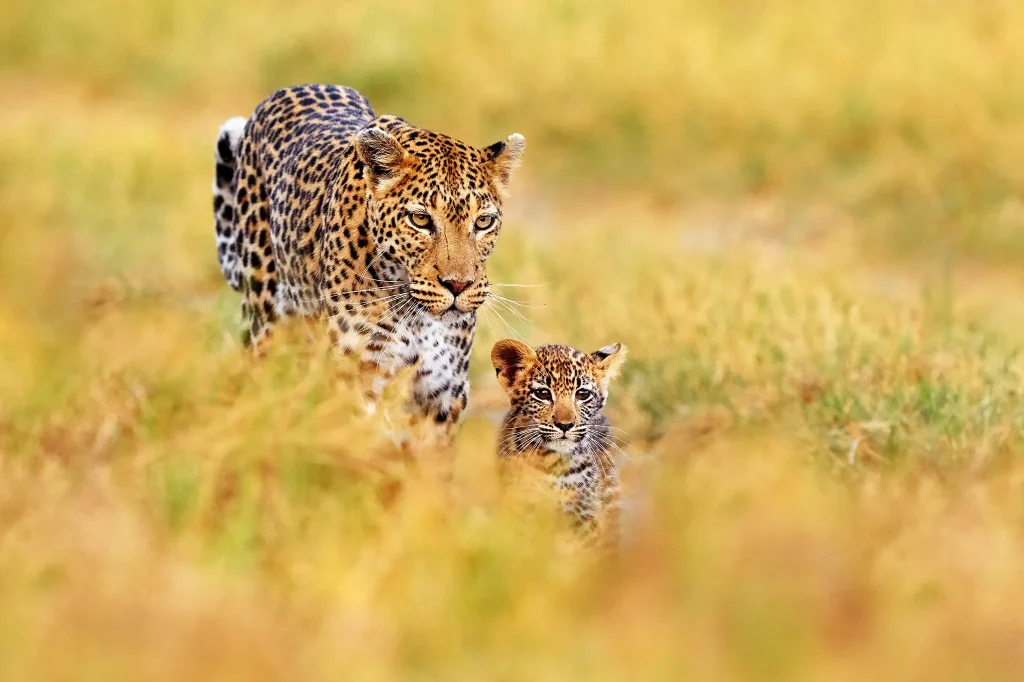
Notable Wildlife Sightings During Safaris to Tanzania
A place where the plains are filled with all sorts of wildlife that enjoy the freedom of movement! This is the land of Tanzania, a safari destination where you’ll be awestruck by the sheer amount of wildlife diversity. Tanzania Safari Tours will lead you to the rich plains of the Serengeti and Ngorongoro, where you’ll see the supersized herds of the Great Migration.
The following are the best destinations where you can see the rich wildlife of Tanzania.
| WILDLIFE | BEST DESTINATIONS |
| Mammals | Serengeti National Park, Tarangire National Park, Ngorongoro Conservation Area, etc. |
| Big Five | Serengeti National Park and Ngorongoro Conservation Area |
| Herbivores and Antelopes | Serengeti National Park, Arusha National Park, Lake Manyara National Park, etc. |
| Critically Endangered Rhinos | Ngorongoro Conservation Area |
| Primates | Mahale Mountains National Park and Gombe Stream National Park |
The best time for the above wildlife sightings is during Tanzania’s Dry Season (from June to October). This is when the vegetation of the plains is shorter, making animals easier to spot. Tanzania has over 20% of Africa’s large mammal species. Thus, seeing them in renowned national parks and reserves enhances the Safari in Tanzania.
The Big Five and Beyond – Tanzania’s Diverse Wildlife
Tanzania Safari Tours are unquestionably one of the best ways to have a Big Five safari experience. The Serengeti and Ngorongoro Conservation Area are synonymous with the Big Five across Africa.
There’s a great range of Tanzania Safari Packages that offer a great chance to see all of the Big Five. To maximize your chances, we would recommend an itinerary that includes both the Serengeti and Ngorongoro Conservation Area, just like our 7 Days Big Five Safaris In Tanzania (https://africanscenicsafaris.com/big-5-explorer).
| BIG FIVE MEMBER(S) | BEST DESTINATION | INTERESTING FACT(S) |
| Lions | Serengeti National Park | – The Serengeti has the largest lion population in Africa (with more than 3000 lions). To see tree-climbing lions, Lake Manyara National Park and Tarangire National Park are the best. |
| Cape Buffaloes | All national parks in the Northern Safari Circuit | – Cape Buffaloes often have birds on their backs, and they eat the annoying bugs, indicating a symbiotic relationship. |
| Rhinos | Ngorongoro Conservation Area | – The species of black and white rhinos are considered to be critically endangered. – You can contribute to the conservation efforts by following this link – https://www.savetherhino.org/ |
| Leopards | Serengeti National Park | – The open bush dotted with rocky kopjes of the Serengeti makes a perfect habitat for leopards. |
| Elephants | Tarangire National Park | – Tarangire is home to the largest elephant population in Tanzania’s northern region. – These numbers are increasing by 6% every year. |
Rare Wildlife Species Of Tanzania
It’s indeed fun to see the famous wildlife species on Safaris in Tanzania. But, there are some lesser-known species that you should also be on the lookout for as well. Below are some examples:
| NAME OF THE SPECIES | CATEGORISATION (according to IUCN) | WHERE YOU CAN SEE THEM |
| Abbot’s Duiker | Endangered | Southern Highlands and Mount Kilimanjaro |
| Kipunji | Endangered | Highland Forests of Tanzania |
| Black-and-white colobus monkey | Endangered | – Banks of the Grumeti River in the Serengeti – The rainforest zone of Mount Kilimanjaro |
| African Wild Dog | Endangered | Serengeti National Park and Tarangire National Park |
| Striped Hyena | Near Threatened | Serengeti and Lake Manyara National Park |
| East African Oryx | Endangered | Tarangire National Park |
| Black Rhinos | Critically Endangered | Ngorongoro Conservation Area |
Discover a whole world of other wildlife possibilities on classic Tanzania Safari Trips by reading this blog – https://africanscenicsafaris.com/blog/a-week-long-tanzania-classic-safari-explore-wildlife-in-the-african-wilderness/
From the thunder of hooves in the Serengeti to rare whispers in hidden forests, safaris to Tanzania let you witness wildlife exactly where it was always meant to be.
Does Time Affect Wildlife Sightings on Safaris to Tanzania?
The answer is yes! The time you pick to go on Safari Tours in Tanzania will have an impact on wildlife sightings. The weather in Tanzania is distinguished by two distinct seasons – Dry and Wet. The dry season experiences virtually no rainfall and humidity is very low. Whereas, the wet season has consistently hot afternoon temperatures.
The dry season is generally considered to be the Best Time to visit Tanzania for wildlife viewing. Though some wildlife events can only be seen during the wet season. The comparison between the wildlife sightings during both seasons will help you determine when to visit according to what you’d like to see.
| WILDLIFE SIGHTINGS IN THE DRY SEASON (From June to October) | WILDLIFE SIGHTINGS IN THE WET SEASON (From November to May) |
| The best time to see the Great Wildebeest Migration in the Serengeti | – A great time to see the calving season in Southern Serengeti – Recommended months: January to March |
| August to September is an ideal time for seeing the Mara River Crossings | Wildlife viewing is still great in the wet season, especially in the northern circuit parks. |
| Wildlife viewing conditions are perfect because of the thinner grass | The lush surroundings make for some great photographic safaris. |
Beyond The National Parks: Alternative Safari Destinations for Wildlife
However, Tanzania is home to a range of lesser-known treasures that are sure to dazzle wildlife enthusiasts. Below are just some alternative destinations that you can visit on Safari to Tanzania:
| ALTERNATIVE SAFARI DESTINATIONS | PRIMARY TAKEAWAYS |
| Lake Manyara | – The magical plumage of masses of greater and lesser flamingos. – Seeing vervet monkeys and olive baboons around the forest regions and lakeshore. |
| Lake Tanganyika | – The second oldest freshwater lake on Earth, with over 350 different fish species. |
| Mahale Mountains | – A primate paradise! – Sightings of endangered chimpanzees and red-tailed, red colobus monkeys. |
| Rubondo Island | Home to elephants, giraffes, Sitatungas, and chimpanzees all in a pristine rainforest setting. |
Here’s how African Scenic Safaris champions sustainable travel — blending eco-friendly practices, personal connections, and expert guiding into safari journeys that honor nature, culture, and community.
BEST SUSTAINABLE AND ECO-FRIENDLY LOCAL TOUR AGENCY
Best Travel Agency and Best Safari Guide ever! We so much appreciated the sustainable and eco-friendly approach of the agency and the personal and customised planning before the holiday with adorable Nembris who came to meet us once arrived in Arusha. Plus we had the most fantastic Safari Guide Emanuel who was so friendly, wise and full of knowledge with his vast experience that he loved to share with us and gave us an unforgettable safari experience. We learned a lot also on cultural and personal level. We’re forever thankful. – Tatjana B
Wildlife Conservation In Tanzania: Protecting Tanzania’s Wildlife And Habitat
To protect Tanzania’s wildlife and habitat, the government and various organisations have implemented conservation efforts to promote sustainable development and protect endangered species.
Another critical aspect of wildlife conservation in Tanzania is community-based conservation. Various organisations have implemented programs to ensure that these communities benefit from wildlife conservation efforts. And, they helpto provide training, create alternative livelihoods, and promote sustainable resource management.
Our aim at African Scenic Safaris is to ensure guests have a safari experience that emphasises the importance of responsible and community-based tourism.
Every safari we design goes beyond wildlife encounters — it protects Tanzania’s landscapes, empowers communities, and safeguards traditions. With us by your side, your journey becomes a shared commitment to conservation and culture.
Unparalleled Wildlife Sightings On Safaris To Tanzania
On a final note, Safaris to Tanzania are guaranteed to leave a lasting impression of the wildlife. Right from the moment you step inside the national parks, you’ll see animals in their natural habitat. These sightings will be dominated by the supersized migrating herds and the big five primates, and some of the largest mammals.
Thus, engross yourself in the wilderness of Tanzania with our range of diverse Tanzania Safari Packages that’ll take you right to the centre of the wildlife action.



